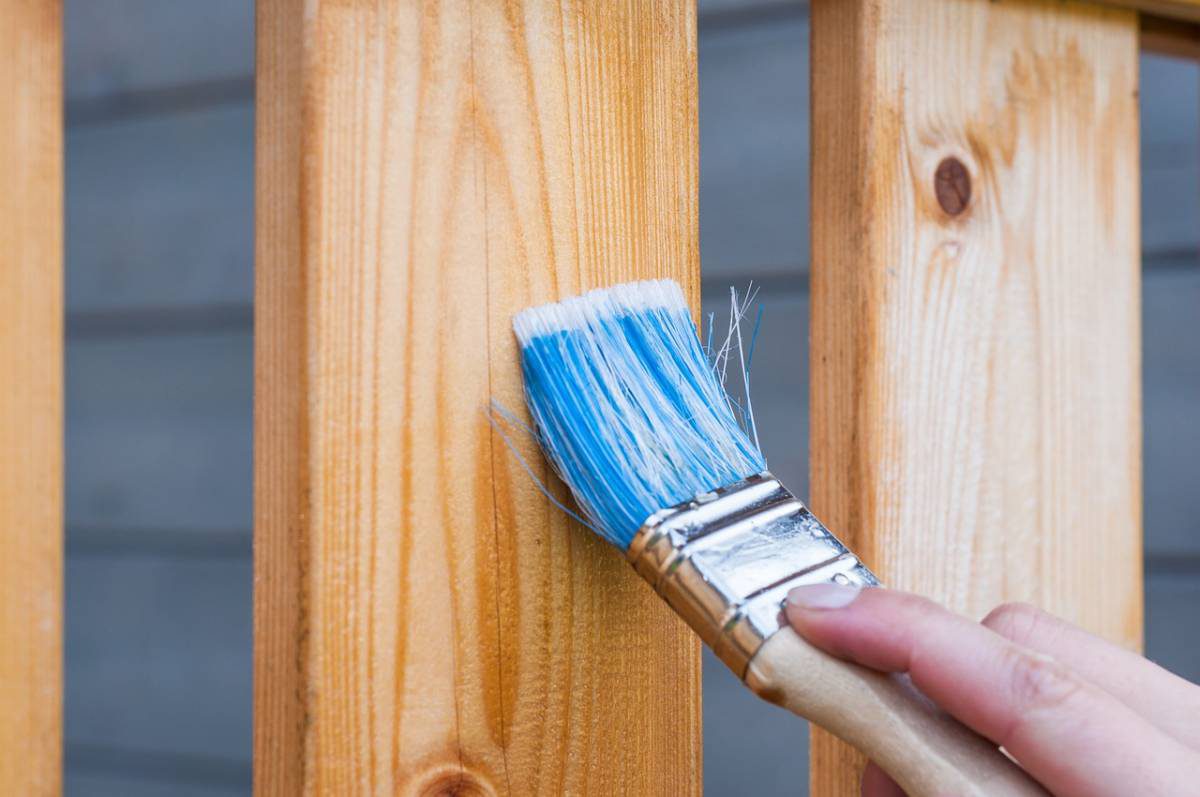Bad decisions on a $400,000 home loan can easily cost you $100,000.
If you already have a mortgage, it’s not too late to fix old mistakes (or avoid making them with your next loan).
You should review your mortgage every 2 years anyway.
Why? Because less income needed to payout your mortgage means more money for other areas of your life. Your mortgage is probably the biggest financial commitment you will make in life. It is easy to get right and just as easy to get completely wrong.
Most people are surprised to find out that a low interest rate is not the only factor in reducing mortgage cost and paying out a loan faster.
You won’t see lenders advertising most of the tactics available to you, as it’s not in their best interests – the longer it takes to payout your loan, the more money they make. Lenders make money by lending you as much as possible, for as long as possible and with fees as high as they can get away with.
1. You didn’t set up your loan with the right features
There are loan features that you might need now or down the track, such as an offset account or the ability to top up. These features do not have to make your loan more expensive, regardless of what an individual lender might tell you. It’s important to design a loan based on your needs now and in the future.
This is why independent mortgage advice, combined with the assistance of your financial planner, is so important.
2. You’re not getting commission refunded
Some mortgage brokers will cap their income and provide a commission refund. Getting commission refunded on an ongoing basis is probably the easiest way to put $10,000’s back in your pocket over the life of your loan.
It’s also the strategy that’s possibly least utilised, as not many people know about it.
The mortgage broker who arranges your loan receives an immediate commission payment. For a $450,000 loan, your broker would receive around $3,000 at settlement.
In addition, that broker will receive a yearly commission payment (called trailing commission). On a $450,000 loan, your broker would receive about $700 every year. Although that commission reduces as your loan size decreases, trailing commission can last up to 30 years. Mortgage brokers build their businesses on this recurring income. And while they should be paid, you may find one that caps the commission they take.
Trailing commission can create a bias towards lenders who pay a higher % to brokers. In other words, your broker might be swayed to recommend the loan that pays them the most. While many brokers put their clients interests first, this ongoing commission can reduce the incentive for your broker to give you advice on how to pay out your loan more quickly. They may be more inclined to recommend a fixed term with a fixed interest rate, when a variable may be more appropriate.
There are only a few mortgage brokers in Australia who will refund any commission.
Getting this money back, and using it as additional repayments, can take years off your loan.
A note: Some mortgage brokers will tell you they don’t receive commission, but their employers do – and those brokers are paid salary and bonuses to recommend particular lenders.
Can you avoid commission by going direct to a lender?
No – lenders will not bite the hand that feeds them by undercutting every broker in Australia. In addition, they use the commission saved to provide you with loan service otherwise provided by the broker.
How do you get trailing commission refunded if you already have a mortgage?
You can’t get trail commission back on a current mortgage, unless your broker is kind enough to start giving it back to you. However, you can review your current mortgage and work out if it’s worth refinancing.
To summarise, getting a commission refund:
1. Puts money back in your pocket, to help pay out your loan faster
2. Removes the chance your broker will recommend a particular loan because it pays them more.
3. You fell for cheap tricks with rate comparisons
You should almost never pay the Standard Variable Rate (SVR). Each lender’s SVR will vary with others – it is the basis by which your interest rate is determined but not the final rate you are likely to pay. Some banks have higher SVR and so will discount theirs by more to reach the ultimate rate you will pay. Some have lower SVR and so will only apply a small discount.
Therefore, comparing the SVR across lenders does not help you work out which loan is cheapest.
2 tricks to look out for:
- Showing a large discount off their SVR to make you think you are getting a great deal. A big discount off a high price still costs more than a small discount off a lower price.
- A lender comparing their lowest interest rate with the SVR of other lenders – rates you would never pay if you used those companies.
4. You’re sticking with the same mortgage ‘til the end
Home loans can become uncompetitive in only a few years, or less.
For starters, it pays to check your lender hasn’t jacked up the rate of your loan and is no longer competitive.
Competition improves loan features and you might be missing out on benefits if you stick with the same loan to too long.
You should check your loan remains the best option every 2 years. It costs nothing (but some of your time) to check if there is a better deal. And that time can save you thousands of dollars a year.
A tip: When you set up your mortgage, always assume that you will need to repay early or refinance. If suitable given your overall needs, take out a loan that has low or negligible break costs. This is another reason you should get advice from a broker who will consider the costs of exiting your loan early – ideally a fee based broker who takes their payment only from you, and not the lender.
5. You set your loan term as long as possible
Reducing your loan term just a few years can take $100,000’s off the cost of the average loan.
It’s not always the best strategy to go for the longest loan period possible. Paying a little more off your loan each month can make you significantly more wealthily over the long-term, or at least debt free earlier. You should look at the opportunities presented by a shorter mortgage, such as the ability to focus on your kids’ education once you’re debt free.
Your lender and mortgage broker want you to take out a 25 – 30 year loan as they are being paid interest and trailing commission for the entire time. The longer the loan the more money your lender and broker make.
And using a mortgage offset is not always the best strategy for some people, as the easy access to funds presents a temptation to spend the cash (a redraw facility adds an additional layer of admin and gives access to funds if needed). Always get financial advice with your mortgage advice.
6. You relied 100% on rating websites to make your choice
While useful as a tool for adding to a short list, rating websites are incomplete and often contain inaccurate information. The lenders they feature generally pay these sites and most sites will exclude lenders who aren’t willing to pay a fee. Some sites promote a lender’s most profitable (expensive) loans, rather than the cheaper loans also offered by the same lender.
There are often many inconsistencies in the results of top rating sites when compared with independent research.
7. You focused too much on interest rate
Interest rate is only one factor that influences the total cost of your loan. Going with the lender that offers the best initial interest rate doesn’t mean you have the cheapest loan.
Interest rates can change soon after your loan starts and you can quickly end up with a very uncompetitive and expensive rate. In addition, there are other costs that can make a loan significantly more expensive than it seems, based on the interest rate alone.
Fees might include:
– Lenders mortgage insurance
– Application fees
– Valuation fees
– Legal and settlement fees
– Rate lock fees
– Early payout fees (deferred establishment fees)
– Discharge fees
– Establishment fees
8. You went direct to the lender
Lenders love it when you walk in their doors without being referred by a broker, as they can pocket the commission they would normally have to give the broker. Lenders save by you going direct, not you.
If you deal directly with your bank, you will waste the opportunity to ask a mortgage broker for more broad advice (beyond one lender’s products) and you will never get any commission refunded.
In addition, there are some lenders who do not deal with brokers (or pay commission) and therefore promote cheaper loans. An independent mortgage broker can recommended one of these lenders, as they do not get paid via commission anyway (a traditional commission-based broker will never recommend one of these lenders).
9. You used personal rather than professional reasons for choosing your mortgage broker
Not all mortgage brokers are the same. I’d say almost 100% of people have no idea if they got the best mortgage available; and yet are happy to recommend their broker to their friends (let’s face it, usually because they ‘like’ them personally).
So don’t decide to use a broker simply because your mate is one, or recommends theirs because they ‘got a good rate’. Unless you happen to know an independent mortgage broker, if you use anyone else, you are using one of the 99.99% of compromised and biased brokers in Australia. And, this means you’re giving away $10,000’s of your hard earned cash in the form of commission over the life of your loan. And you may not get the best loan (and therefore pay more in interest and ongoing costs as well).
Everyone wants to support friends and family – and use people they recommend. Just keep this article in mind when you decide to give your business (and hard earned cash) to someone you know or a broker referred by a friend without a professional basis.
To be fair to many mortgage brokers, most are not aware of the inherent conflicts and costs associated with their profession (although most don’t ask or think about it critically). Brokers are taught by their employers, who make billions out of their associations with a hand full of lenders.

